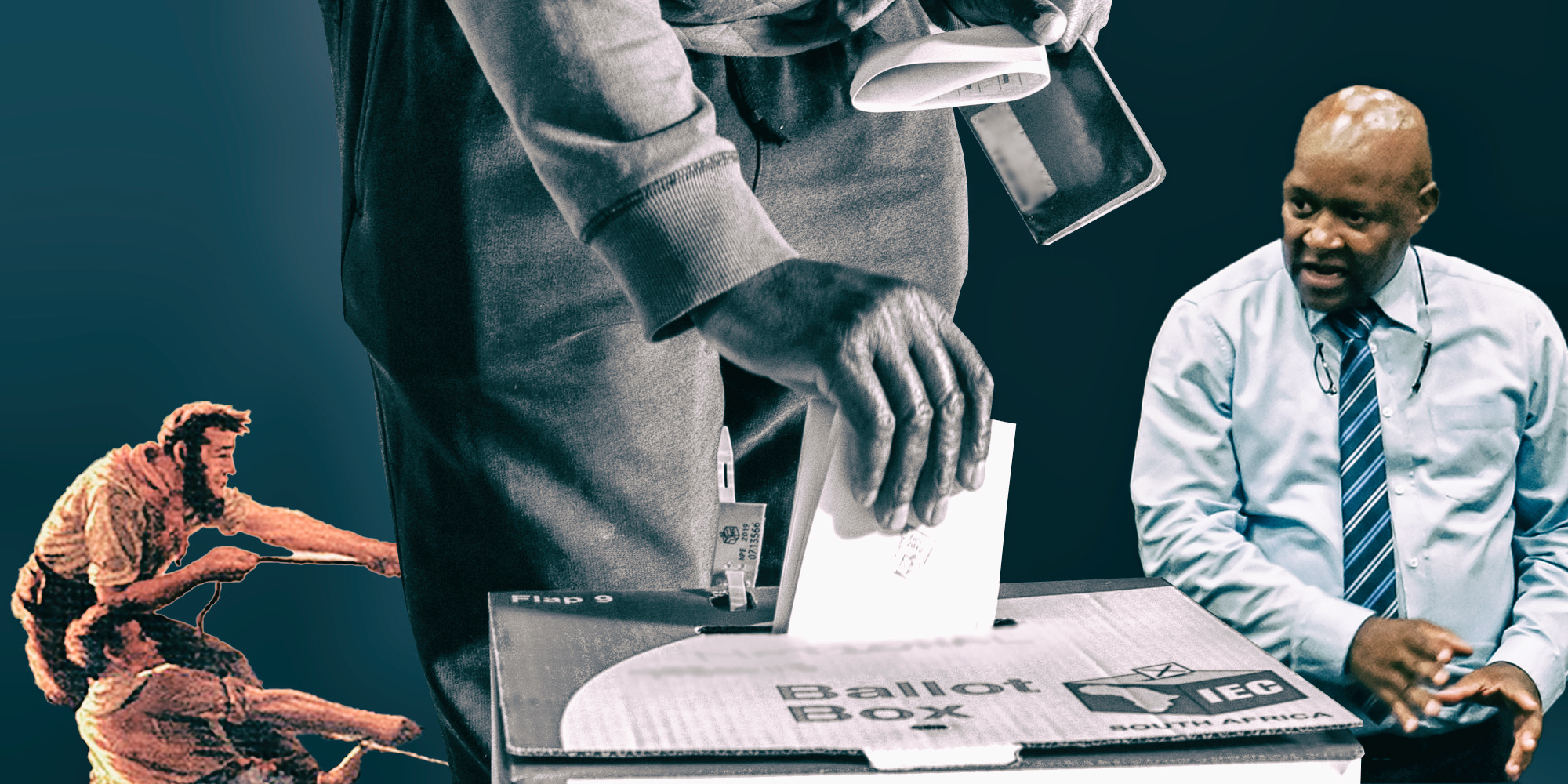In the past few months, at least three South African political groups have declared that they would prefer to be in a territory with some kind of border between them and South Africa.
The leader of the Abantu Batho Congress (ABC), Philani Mavundla, wants the “Zulu Kingdom” to be independent of South Africa and has campaigned under the slogan, “Vote for Abantu Batho Congress to bring back the land of the Zulus!”
The Referendum Party, a group describing itself as a “single-issue” party dedicated to forcing a referendum on the independence of the Western Cape, has campaigned under the slogan: “If you want Cape Independence and a First-World future, you are going to have to vote for it in 2024!”
And, in a “Joint Afrikaner Declaration”, a group of organisations released a document in which they stated, “The Constitution recognises the pursuit of territory.”
If you consider our difficult history, it is no surprise that groups like this have emerged. South Africa has only been a single state since the imposition of it on all the people living here by the British Empire in 1910. That unit was defined by the end of the colonial era and then apartheid.
Our country does not have a long history as a single distinct polity. Some people are bound to have cultural memories of what they regard as a happier time when they were able to enjoy “self-determination”.
Of course, it is unlikely that any of these groups will win significant shares of the vote in the near future. But, that does not mean their — fundamentally dangerous — ideas won’t have an influence over the long term.
Their real power might well lie in their relationships with other political groups.
For example, Mavundla is not just the leader of the ABC. He is also an adviser to King Misuzulu kaZwelithini. He is the mayor of the Umvoti Local Municipality, having previously been the deputy mayor of eThekwini. He has only been able to win these council positions through his relationships with the ANC and the IFP.
He is not speaking in a political vacuum — the IFP also campaigns on largely ethnic lines; it appeals primarily to people who speak Zulu in KwaZulu-Natal.
It is entirely possible that Mavundla can pull parts of the IFP in the direction in which he is heading. By campaigning for an independent Zulu kingdom, he may force the IFP to take a position on the matter.
Read more in Daily Maverick: Elections 2024
Current unhappiness
Turning to the Referendum Party (RP), its website is proof that it is well-resourced and that the people behind it have an understanding of the current unhappiness among diverse groups. When its site proclaims, “If you want Cape Independence and a First-World future, you are going to have to vote for it in 2024!”, it knows exactly who it is appealing to.
It claims to be working with other parties and to have a relationship with the Freedom Front Plus.
But, more importantly, it also appears to be trying to influence the DA. It claims, “Our goal is to convince 100,000 DA voters to vote RP in 2024. Vote RP to keep a DA Government and secure a Referendum!”
It is not speaking in a vacuum.
The DA has been campaigning for more powers for provinces, particularly the Western Cape. The party regularly demands more powers over policing, claiming that it will be able to reduce crime while the national government cannot.
This could well see the demands being made by the Referendum Party pulling the DA in its direction.
At the same time, the signatories of the Joint Afrikaner Declaration have said they included the phrase “The Constitution recognises the pursuit of territory” to ensure the people who run the Orania settlement join them.
This means the organisers of this declaration are giving important influence to a group that gives every impression of wanting to exclude black people and prioritise white Afrikaans people.
Again, it is an example of a larger political group being pulled in the direction of separatism by a smaller group.
Unfortunately, there are many examples of the separatist ideas of small groups influencing the politics of bigger groups.
One of the most recent examples is that of the UK Independence Party, which agitated to leave the European Union (EU). It had only two MPs in the British House of Commons, both of whom belonged to other parties before they defected. (However, it was the biggest party representing British voters in the European Parliament.)
Despite that, this party’s ideas gripped British politics. It pushed some in the Conservative Party to campaign to leave the EU. It seized the political zeitgeist. Because of weak leadership in the two major parties, eventually a small majority prevailed in the vote to leave the EU.
This had huge repercussions and the majority of people in the UK now regret the decision.
It is very likely that the political dynamics in South Africa will create a space for separatist groups to exploit.
There is a real risk that by the time of our next elections in 2029, these groups will hold sway over some of the parties desperate for power.
This could radically alter our politics — instead of discussing how to improve the lives of everyone, there will be populist motivations to secede from South Africa.
This will be destructive and open up yet another fault line in our already difficult political reality. DM





